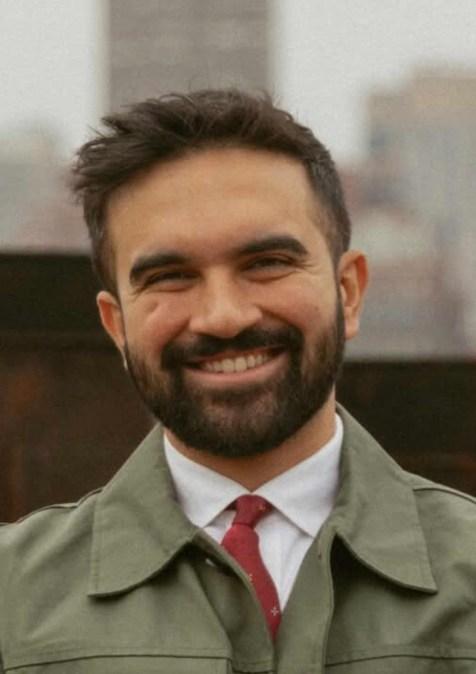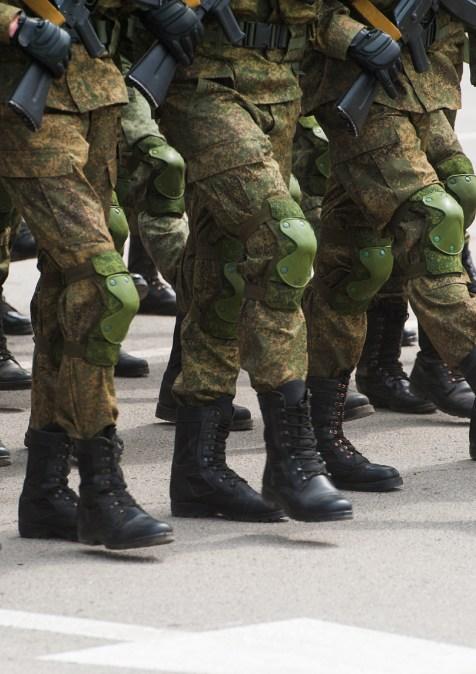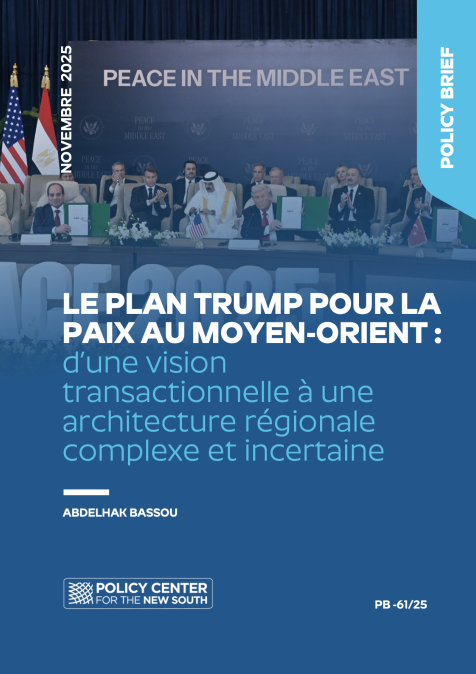Podcasts
Analyse de la Situation en Turquie après la Tentative de Coup d’Etat
Related topics:
Ce podcast est délivré par Dorothee Schmid. Dans la nuit du 15 au 16 juillet 2016, une faction de militaires dissidents a tenté un coup d’Etat contre le tout-puissant président turc Recep Tayyip Erdogan. Son échec a ouvert la voie à une reprise en main très sévère sous le slogan de la lutte contre le terrorisme : les partisans de Fethullah Gülen, prédicateur dissident exilé aux Etats-Unis et tenu responsable du coup, sont pourchassés systématiquement. Les relations avec Washington se compliquent, et l’Union européenne craint que l’accord trouvé avec Ankara sur les réfugiés syriens ne soit remis en cause. Quelques semaines plus tard, l’armée turque entre en Syrie avec pour combattre Daesh, mais aussi les Kurdes du PYD. La Turquie se rapproche de la Russie et d’Israël. L’agenda d’Erdogan semble excessivement chargé, dans un contexte de tension intérieure et extérieure extrême. Combien de temps tiendra cet équilibre précaire ?










